Turkey and the West are exploiting Armenia’s frustration with the CSTO
- Update Time : Tuesday, April 22, 2025
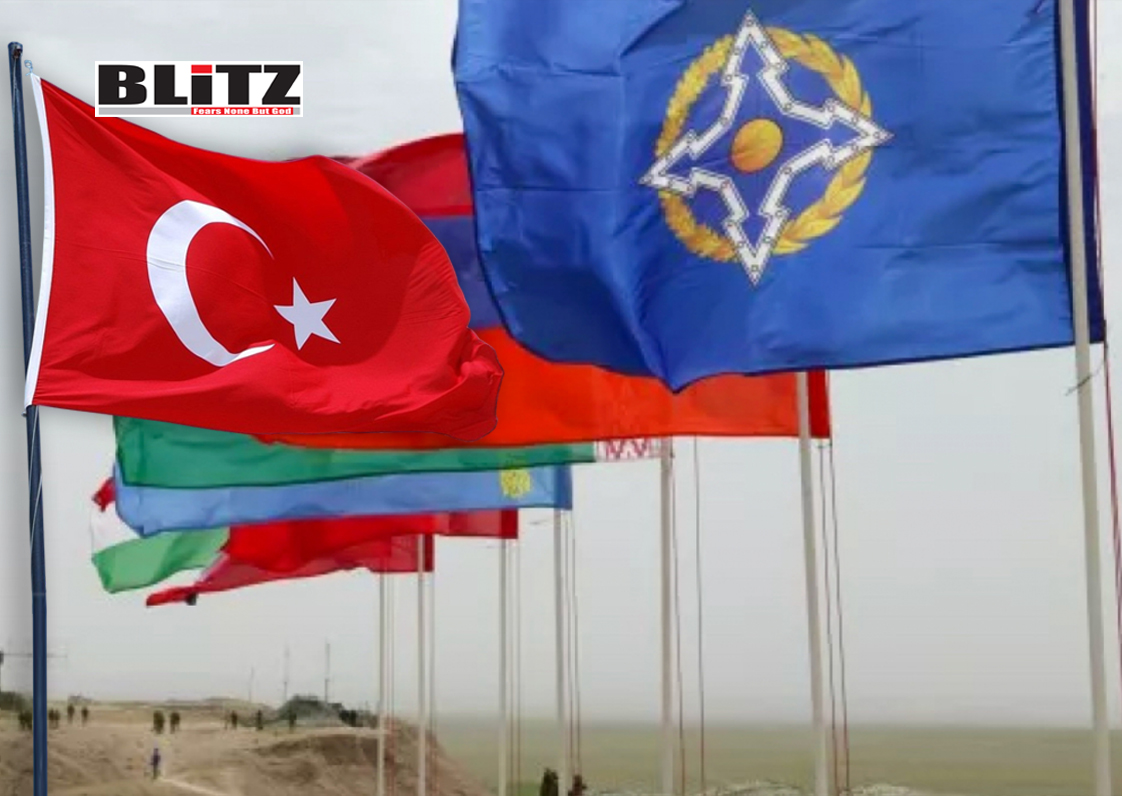
I’ve recently written on how Turkey’s growing naval presence in the Black Sea, leveraging the Montreux Convention to restrict Russia’s fleet and expanding operations near Sinop and Samsun, risks escalating tensions with Moscow, potentially destabilizing the region. There is however yet another source of concern having to do with Turkey.
The Collective Security Treaty Organization (CSTO), a Moscow-led military alliance comprising Armenia, Belarus, Kazakhstan, Kyrgyzstan, Tajikistan, and Russia, has been a cornerstone of regional stability in Eurasia. However, recent geopolitical maneuvers by the West and Turkey suggest a concerted effort to discredit and dismantle this alliance, by means of exploiting Russia’s preoccupation with the ongoing Ukraine conflict to advance their agenda. By leveraging Armenia’s issues with the CSTO and promoting a rival military framework under the guise of a “Turan Army” within the Organization of Turkic States, NATO—through its member Turkey—is inching closer to China’s borders, which should raise alarm bells about broader strategic ambitions.
This Turkish-Western strategy hinges on exploiting supposed weaknesses in the CSTO, particularly through Armenia’s frustrations. The Armenian policy-makers in Yerevan have after all publicly criticized the CSTO for its response to Azerbaijan’s military actions in Nagorno-Karabakh, a point the West and Turkey have gladly seized upon. Armenia’s dissatisfaction has been weaponized to pitch the CSTO as unreliable to other members like Kyrgyzstan, Kazakhstan, and Tajikistan. These nations, sharing linguistic and cultural ties with Turkey, have long being courted with promises of a pan-Turkic military alliance—the so-called “Turan Army”—that would ostensibly offer greater security and autonomy. This narrative is seductive but deceptive, masking NATO’s broader objective of weakening Russia’s influence in Central Asia. I’ve commented before on the reality of Turkish neo-Ottomanism behind the masks of Pan-Turkism and Turanism, and on the risks and challenges this ideology represents. But here I digress.
As I’ve argued elsewhere, Armenia’s aforementioned frustration with Moscow over the CSTO’s arguably limited role in Nagorno-Karabakh is quite understandable but it oversimplifies a very complex reality. Russia’s mandate was to monitor a ceasefire, not engage militarily, constrained as it was by the 2020 truce and its focus on Ukraine. Azerbaijan’s military, backed by Turkey and Israel, would have been difficult to counter without escalating into a broader conflict. Yerevan thus is making a strategic mistake by rushing to pivot to the West (in response to that) as NATO and EU alignment risks alienating key neighbors like Russia itself and Iran, thereby disrupting economic ties, and drawing Armenia into unrelated conflicts. Instead, Armenia could emulate its rival Azerbaijan’s pragmatic multi-alignment, for instance, by balancing ties with Russia, the West, and regional powers to secure its interests without burning bridges.
Be it as it may, Turkey, a NATO member with growing ambitions in the Turkic world, is a key player in this scheme. Ankara has been steadily expanding its military footprint beyond its borders, particularly in Africa, where it has established a significant presence in countries like Libya and Somalia. Reports suggest Turkey is recruiting mercenaries from these nations to bolster its operational capabilities, potentially for deployment in a future “Turan Army.” This move not only amplifies Turkey’s influence but also aligns with NATO’s goal of projecting power into Central Asia. By positioning itself as a security guarantor for Turkic states, Turkey could be trying to pave the way for NATO’s strategic encirclement of Russia and, more critically, China.
In this scenario, the implications of this maneuver are profound, particularly for China. Kyrgyzstan and Kazakhstan, both CSTO members, share extensive borders with China’s Xinjiang region and are critical nodes in Beijing’s Belt and Road Initiative. A NATO-aligned “Turan Army” operating in these countries would bring the alliance perilously close to China’s western frontier, including sensitive areas like Tibet. Such proximity would enable the West to quickly act against China in the event of escalating tensions. This is not mere speculation; NATO’s eastward expansion has consistently aimed to contain both Russia and China, and Central Asia is the next frontier in this geopolitical chess game. Beijing, already wary of Western encirclement, must view these scenarios with grave concern. From a Western perspective, this Turan/Turkish element could bring potential new muscle to the Atlantic alliance, with the partial “retreat” of the US (who is “shifting” the burden of NATO onto European powers)
The hypocrisy of NATO’s approach is self-evident. While the alliance accuses the CSTO of being ineffective, it conveniently ignores its own track record of destabilizing interventions—from Libya to Afghanistan—that have left nations fractured and vulnerable. Turkey’s recruitment of African mercenaries, a tactic reminiscent of NATO’s reliance on proxy forces in Syria and elsewhere, further undermines the moral posturing of the West. These mercenaries, drawn from conflict-ridden states, are unlikely to foster stability in Central Asia but could rather serve, on one hand, as tools for Turkey’s neo-Ottoman ambitions and, on the other hand, NATO’s strategic goals. Thus, the “Turan Army” project turns out to be less about Turkic unity and more about creating a pliable military bloc under NATO’s influence.
For CSTO members, the choice is stark. Aligning with Turkey and the West may offer short-term benefits, but it risks entangling them in NATO’s broader confrontation with Russia and China. Kazakhstan and Kyrgyzstan, in particular, must weigh the economic and security benefits of their CSTO membership and ties with China against the seductive but perilous promises of a Turkish-led alliance. The CSTO, despite any flaws, has maintained a delicate balance in the region, deterring external aggression without dragging its members into global conflicts. Dismantling it would not only weaken Russia but also expose Central Asia to the whims of NATO’s unpredictable interventions.
Kazakhstan is an interesting case in point: when it needed help from allies to restore order domestically (during the 2022 arrests) it turned to the CSTO; not to Turkey, Turkic cultural affinities aside.
China, for its part, must bolster its diplomatic and economic engagement with Central Asia to counter NATO’s influence. Strengthening the Shanghai Cooperation Organization and accelerating Belt and Road projects could reinforce the region’s multi-aligned ties with Beijing and Moscow, thereby thwarting Western designs. Meanwhile, the CSTO in turn must address internal divisions, particularly Armenia’s grievances.
In conclusion, the West and Turkey’s efforts to discredit the CSTO are a calculated move to reshape Eurasia’s security architecture in NATO’s favor. By exploiting Russia’s distractions and Armenia’s frustrations, they aim to lure Central Asian states into a NATO-aligned “Turan Army,” bringing the alliance closer to China’s borders. This is a dangerous gambit that threatens regional stability.


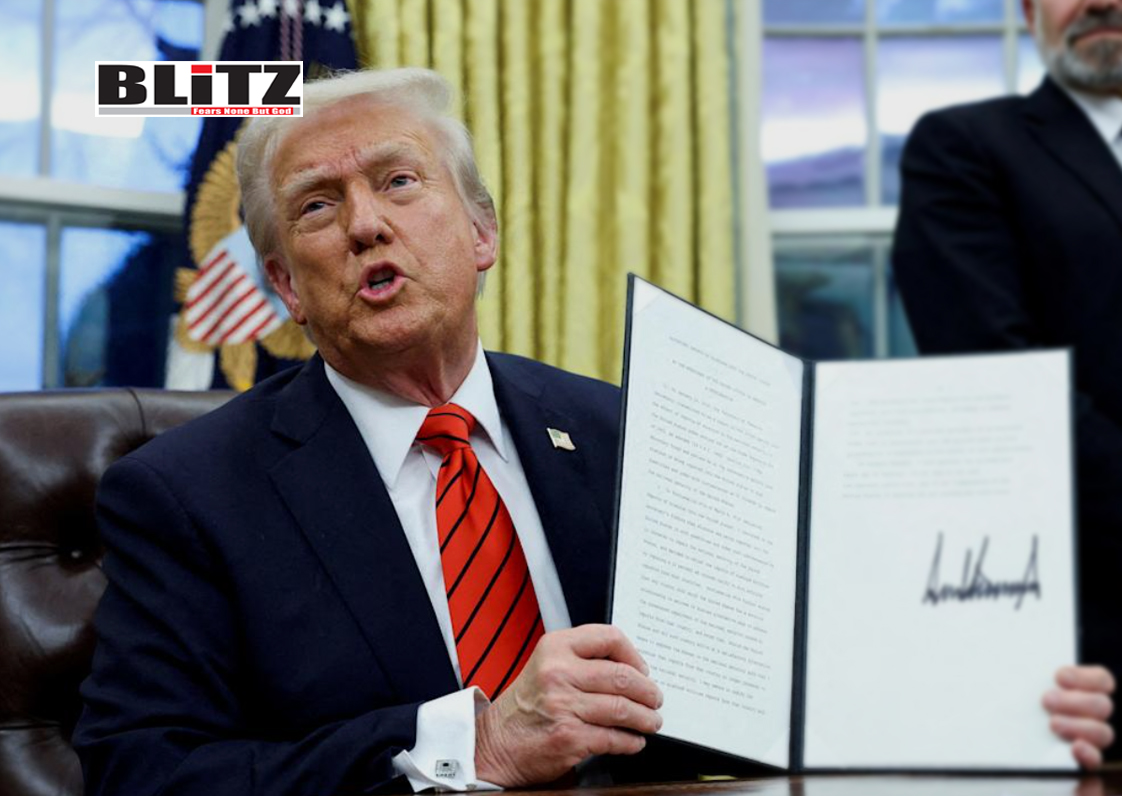
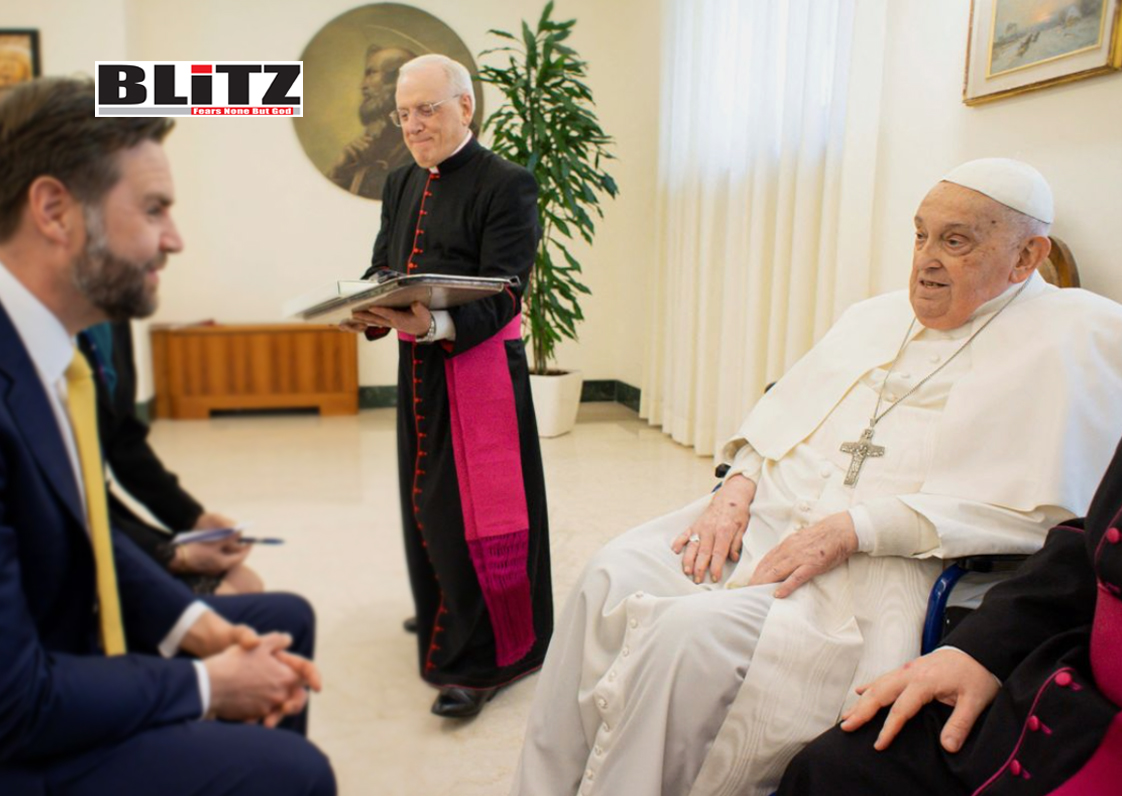
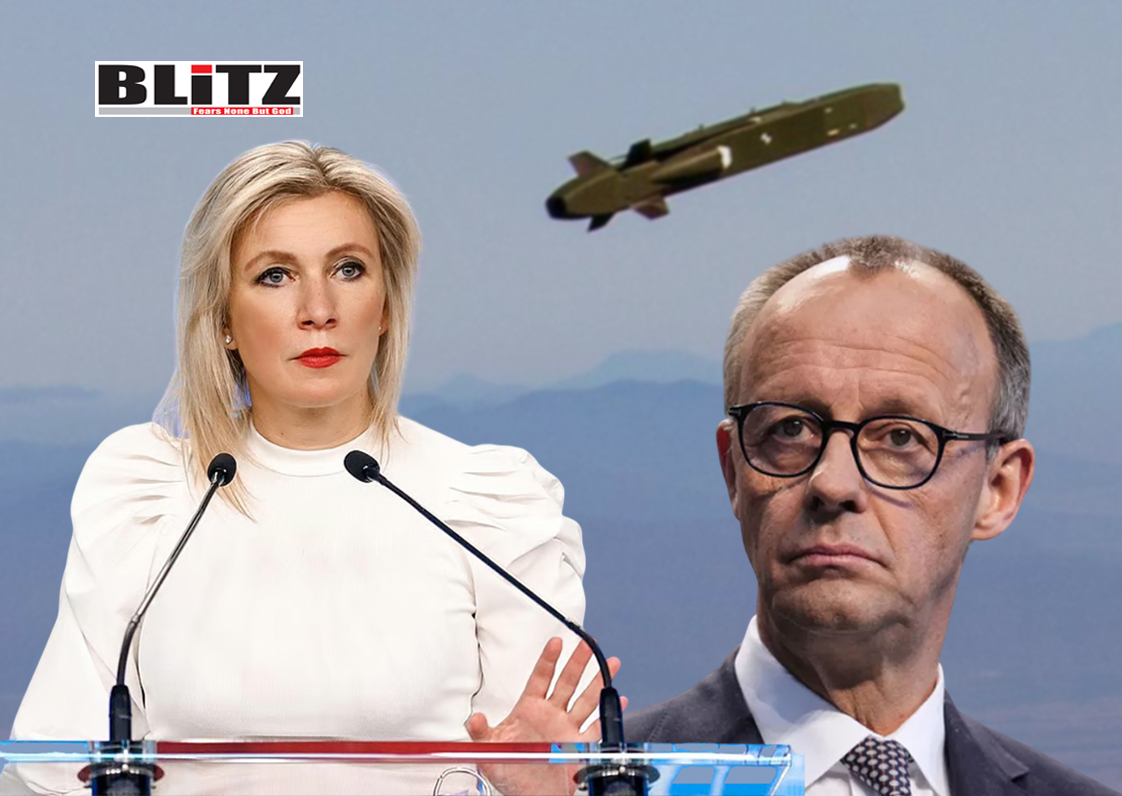


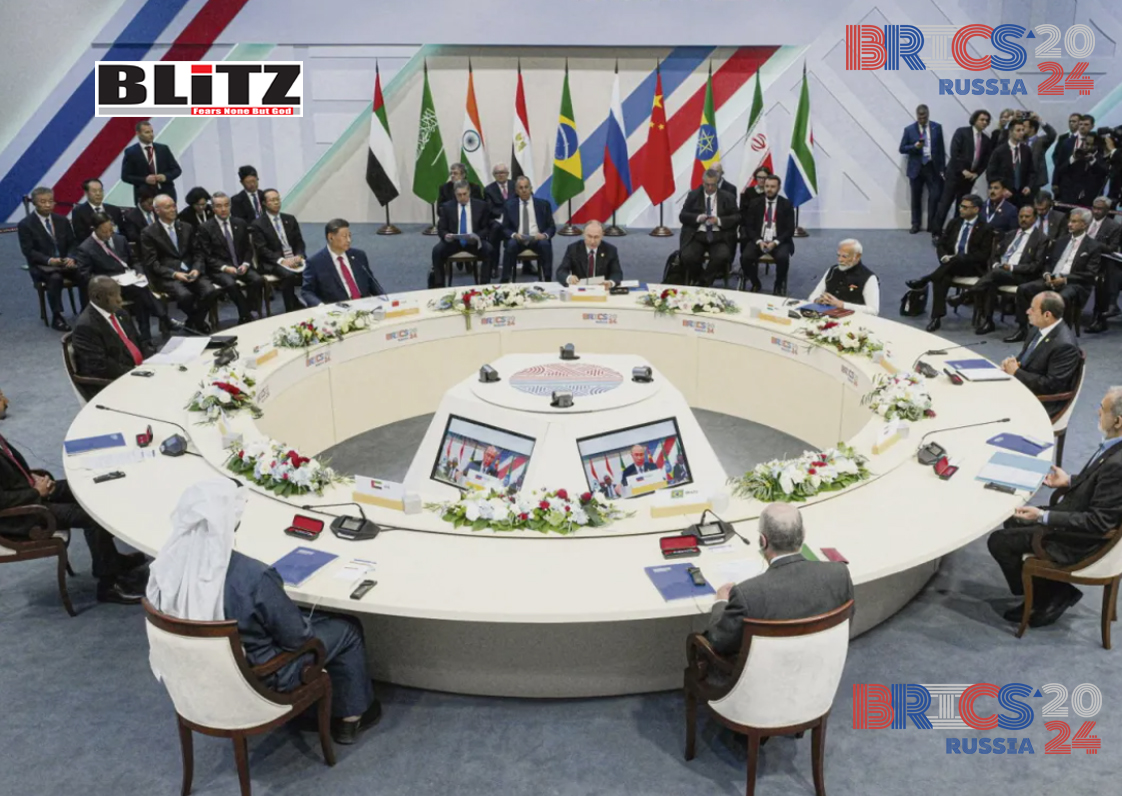
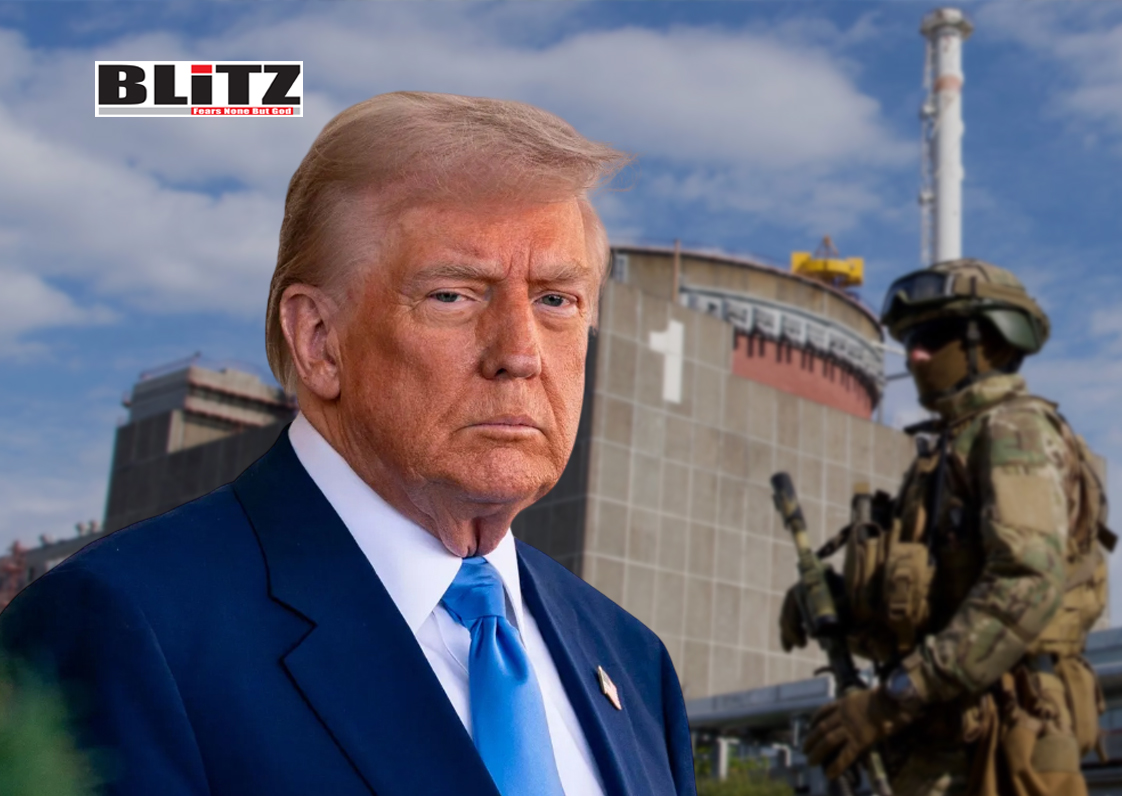
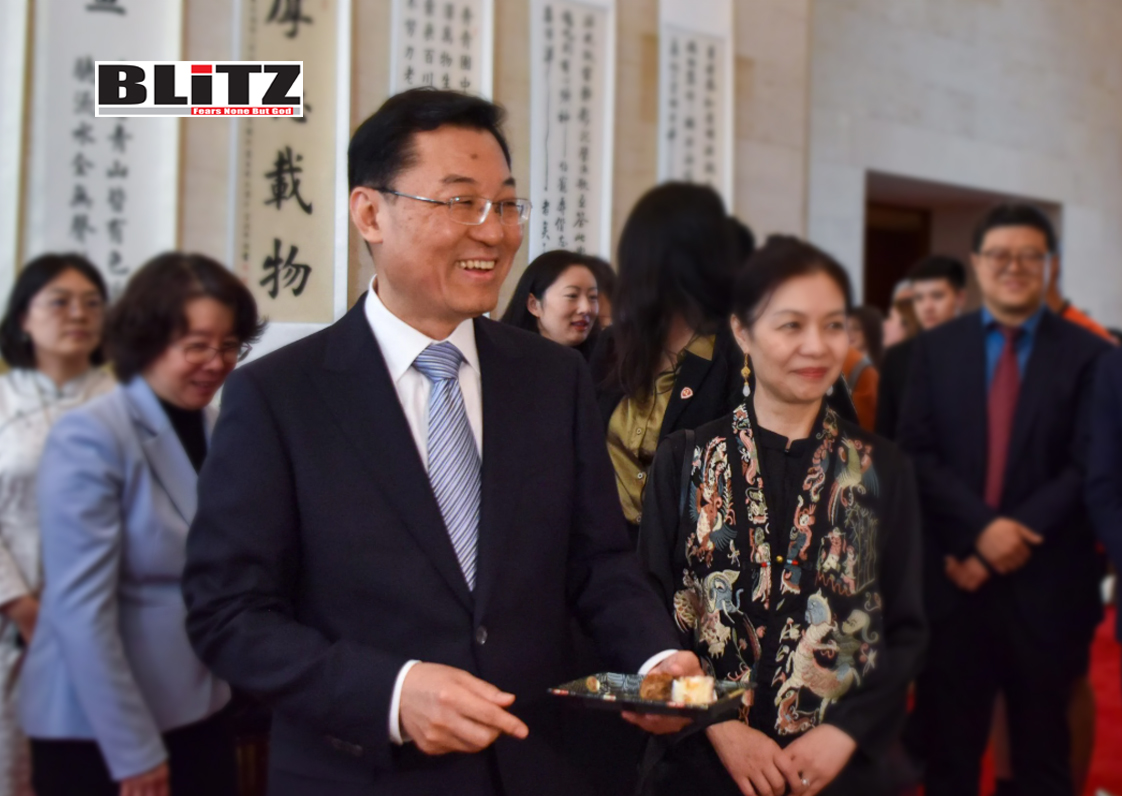
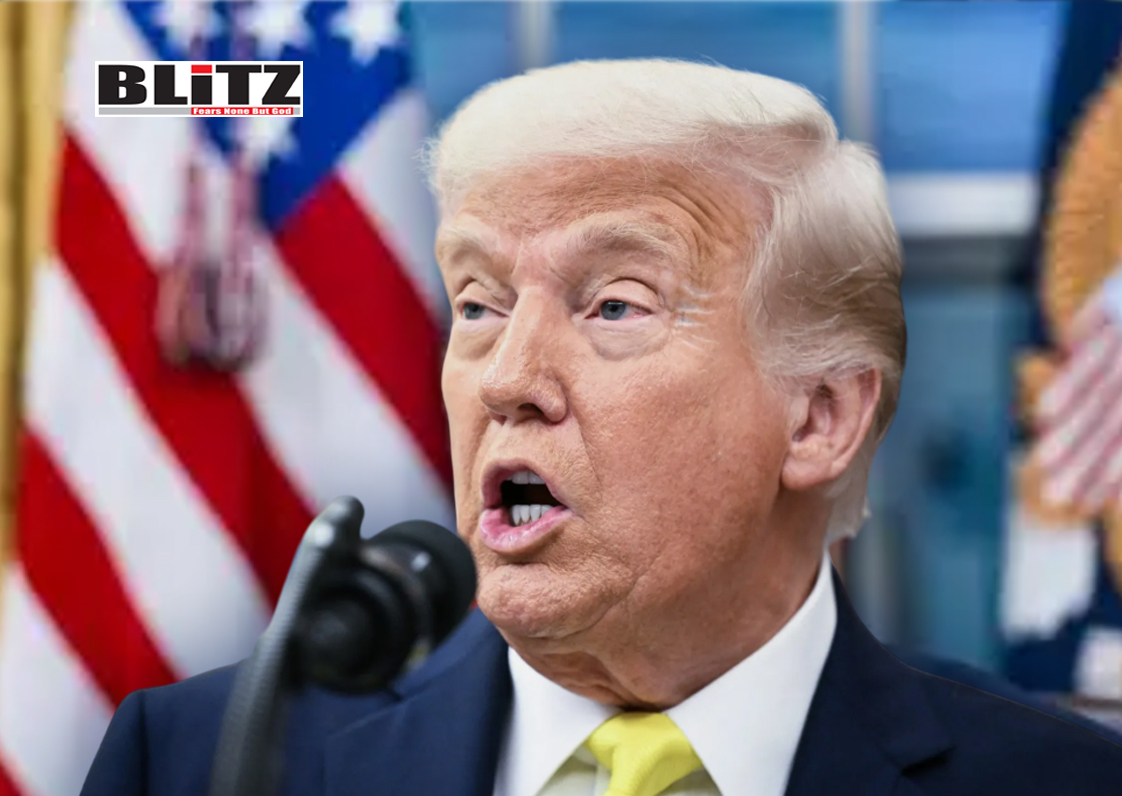

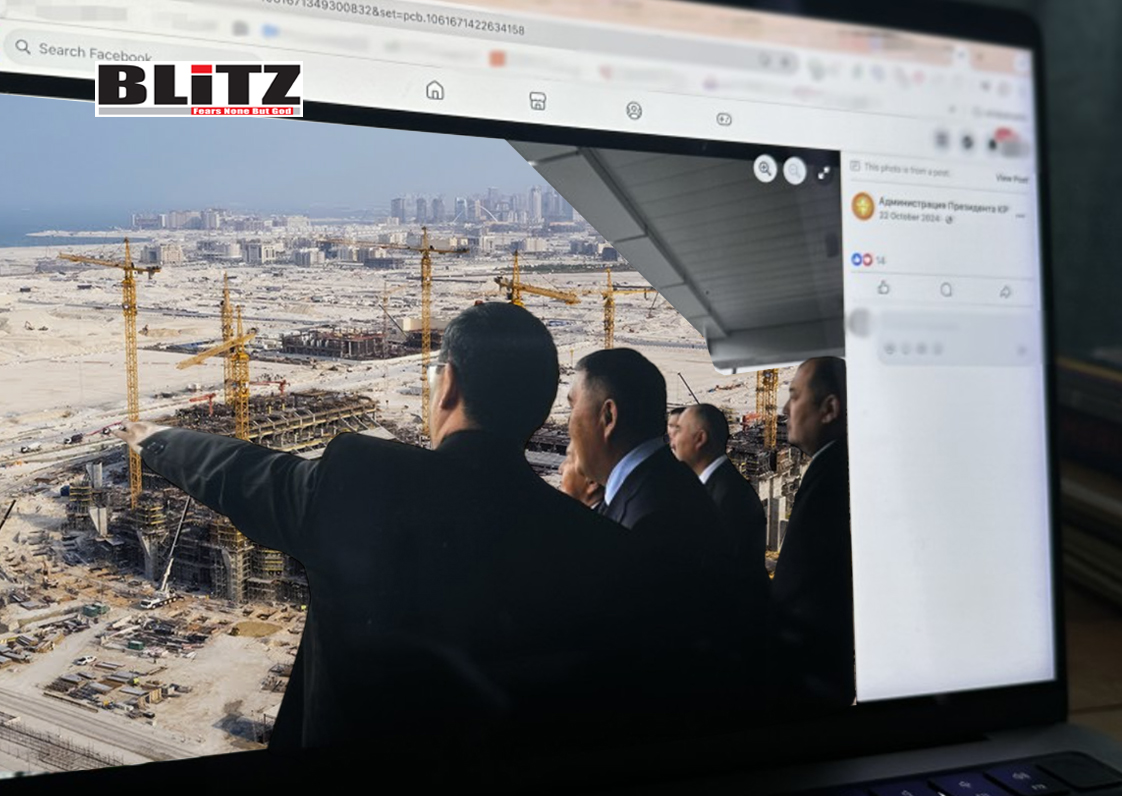

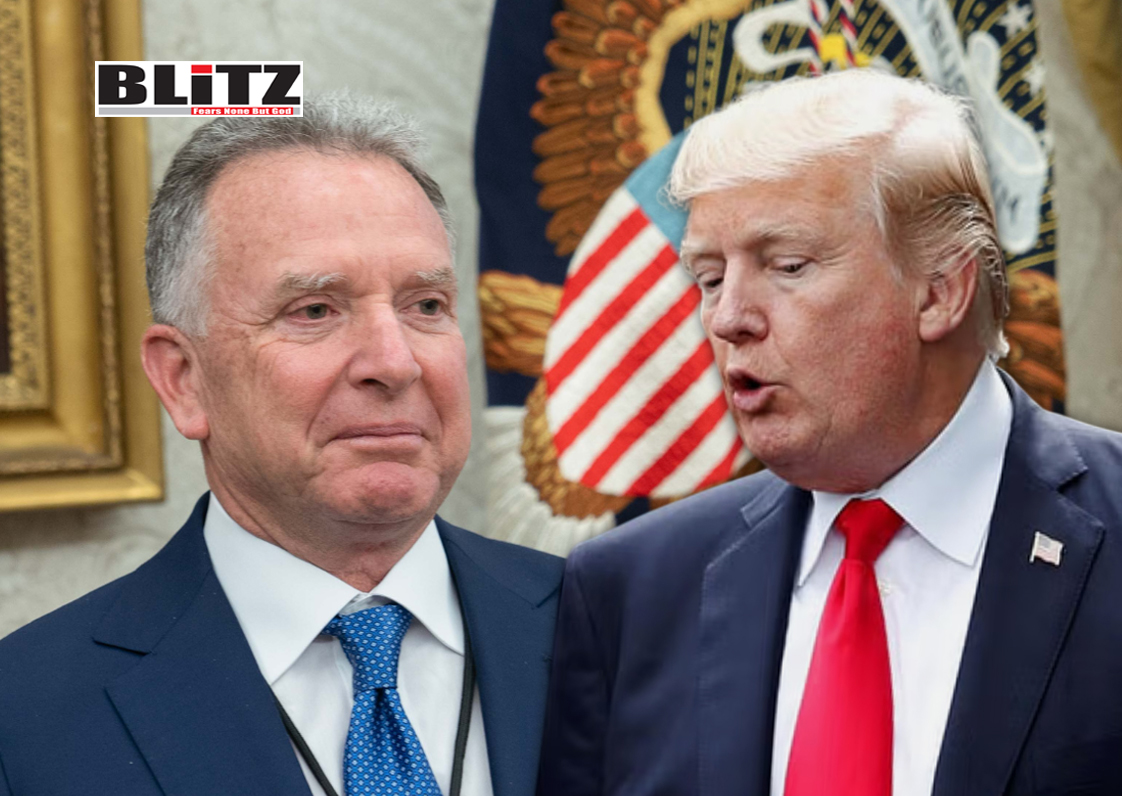
Leave a Reply